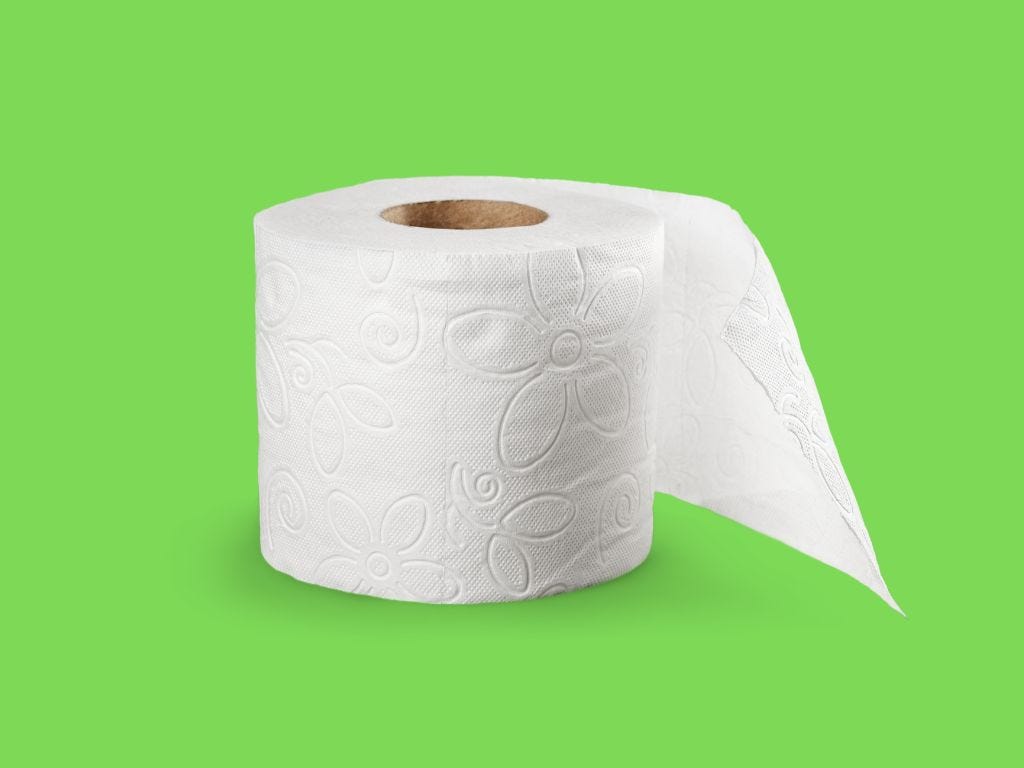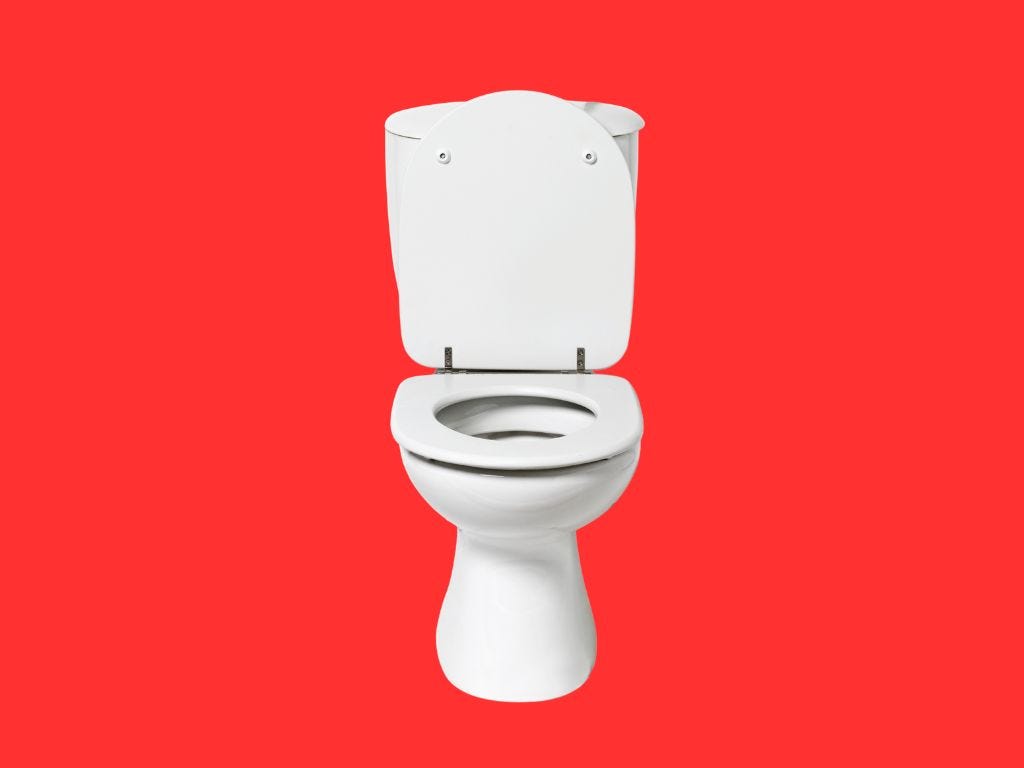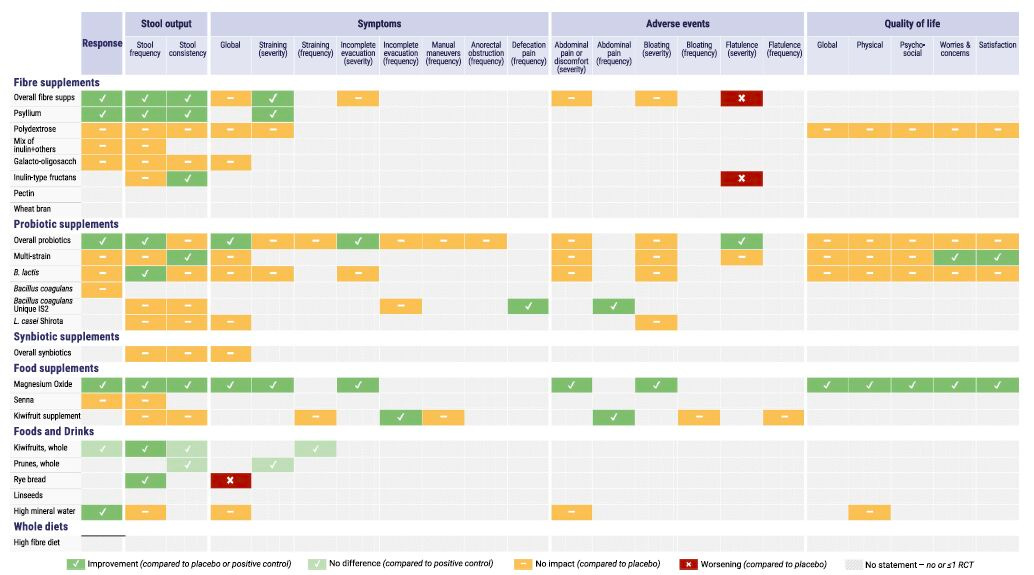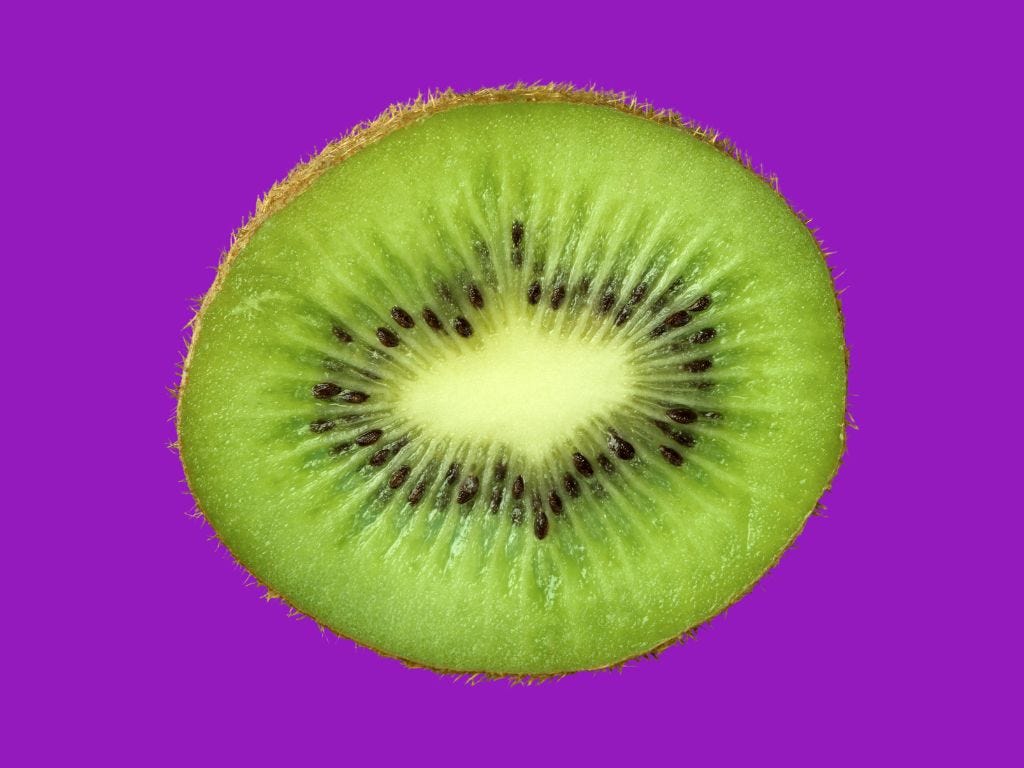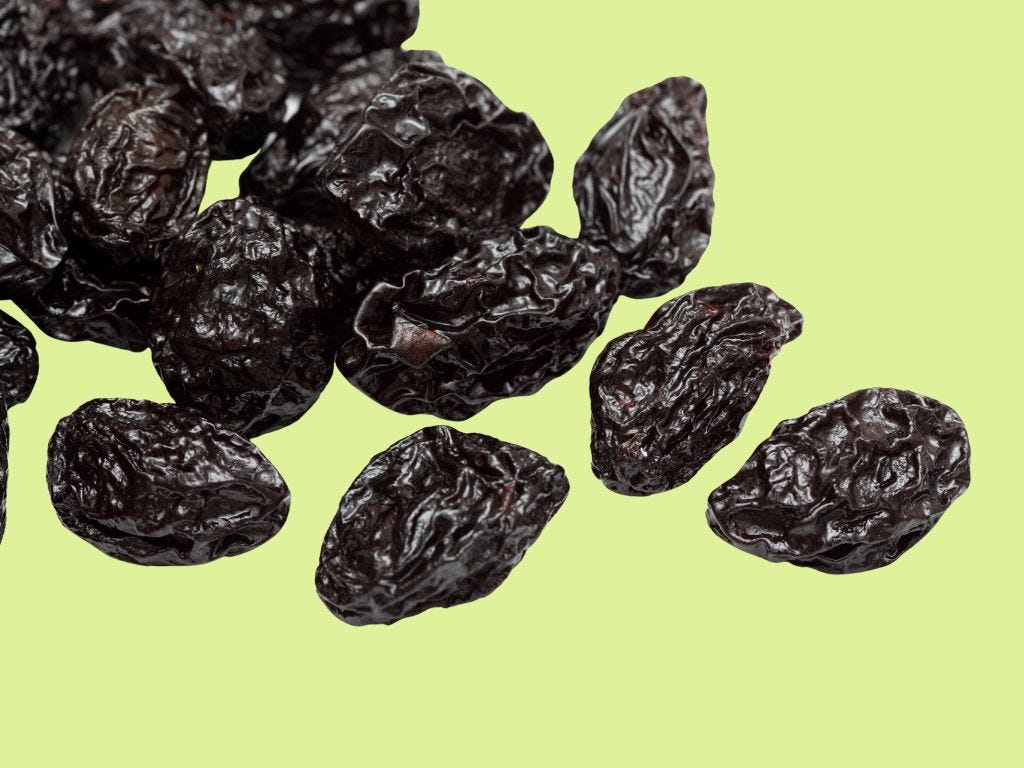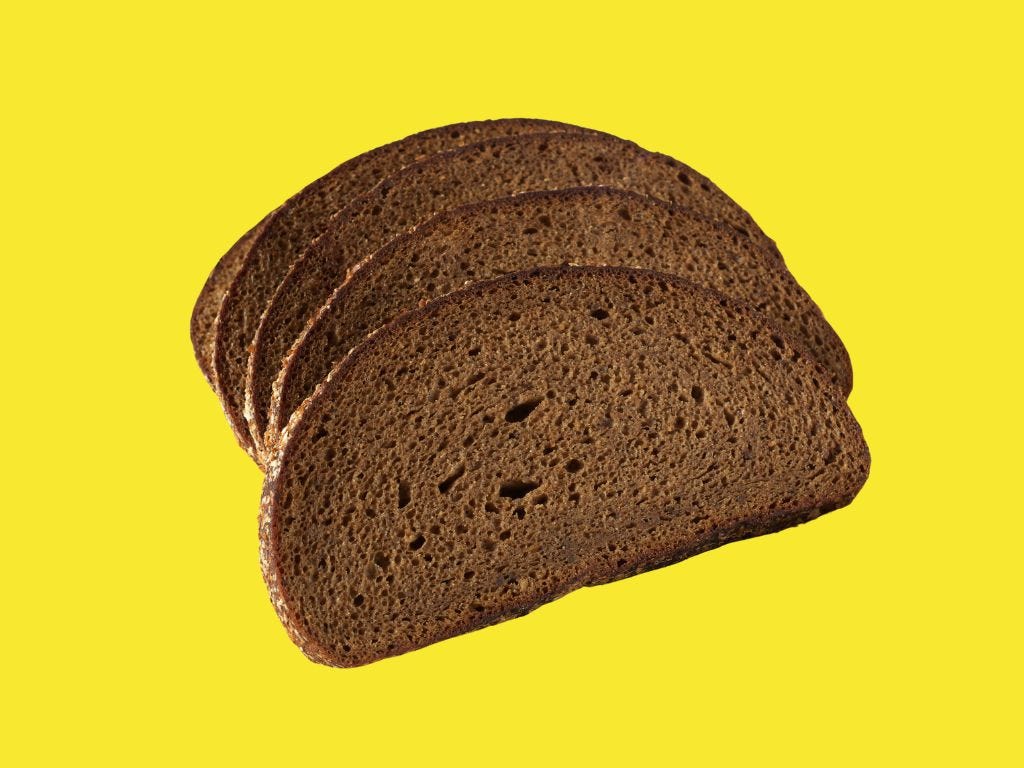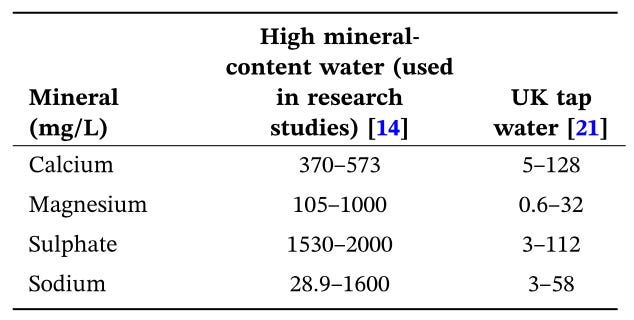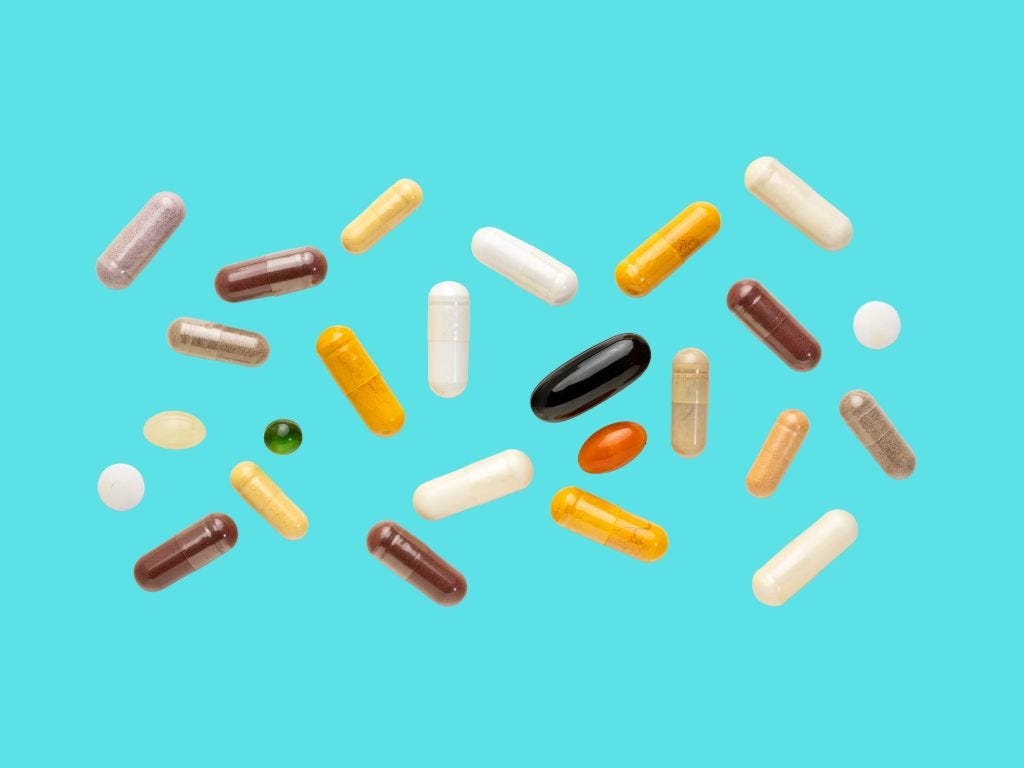The quest for a good poo 🧠
New official guidelines reveal which foods, drinks, and supplements may actually help with constipation
A quick note to say that my new book Fibre Power (out May ‘26) is 25% off to pre-order - this week only until 17th October - would hate for you to miss out on a great deal! (UK only.)
One thing that no one talks about ever, is the satisfaction of a proper poo. It’s as taboo topic, yet everyone does it.
For many of us though, that’s easier said than done - about 14% worldwide have constipation, based on data from over 260,000 people.
For women, the rates are roughly double. Partly thanks to our slightly longer intestines (about 7cm more than men) but also because of hormone fluctuations and changes to the pelvic floor during and after pregnancy.
It’s surprising, then, that up until now, medical guidelines for doctors have only said to recommend a high-fibre diet - without any further detail.
But this week, for the first time, new official advice has been published that dives into the specific foods, drinks, and supplements that can help get your gut moving.
And even if you don’t struggle with constipation, it’s worth a read - because let’s face it, the quest for a good poo is universal.
What we’ll cover today:
What constipation is and why it happens
The new dietary guidelines
The best foods and drinks for a great poo
Which supplements actually help (paid subscribers only)
Let’s talk constipation
Constipation is one of those things most people experience at some point, but it’s often not talked about.
It usually means you’re not going to the loo that often - typically fewer than three times a week - or that your poos are hard, dry, or difficult to pass.
You might also feel like you haven’t fully emptied your bowels, and it can come with bloating, stomach ache, or feeling a bit queasy.
It happens for a mix of reasons. Not eating enough fibre (from foods like fruits, vegetables, beans, and whole grains) is a big one, as fibre helps keep things moving through your gut.
Not drinking enough fluids or spending long periods sitting or lying down can slow your gut down too.
Other common culprits include ignoring the urge to go, changes in routine, certain medications, or even stress and anxiety. It’s particularly common during pregnancy, after giving birth, and as we get older.
New food, drink and supplement guidelines for constipation
Up until now, official medical guidelines for constipation have been vague when it comes to diet.
Typically they simply recommend to “eat a high-fibre diet,” without any detail on which foods, drinks, or supplements may make a difference.
The new dietary management for constipation guidelines by colleagues at King’s College London formed 59 recommendations on foods, drinks, and supplements based on:
75 randomised control trials
Summarised across 4 systematic reviews
Reviewed by a panel of experts
Here are some of the key takeaways.
Eat two to three kiwis
Kiwifruit have been tested in several studies for constipation - and they do seem to help.
In trials involving almost 200 people with chronic constipation, eating kiwis everyday led to small improvements. People went to the loo a little more often (about a third of a bowel movement more each week) compared to those taking psyllium husk (a common fibre supplement often used to help constipation too).
Kiwis didn’t make poos softer or easier to pass than psyllium husk, but they may be easier on the gut for some people, with fewer potential side effects like bloating or gas.
The studies used kiwis without the skin, but you can eat them either way - though the skin does add extra fibre.
If you often get constipated, try having two to three kiwis a day for at least a month to see if they help.
Try eight to ten prunes
Prunes have long had a reputation for keeping things moving, and there is a little evidence to back that up - though the effect seems similar to psyllium husk (a type of fibre supplement).
There was no clear difference in how soft their poos were or how much they strained between prunes and psyllium husk. But because these studies weren’t designed to test whether prunes are equally effective, we can’t say for sure they work just as well.
The studies used about eight to ten prunes a day for at three to four weeks - though the guidelines didn’t give an official recommendation on how much and often.
They’re an easy, food-based option for many people (and a bit tastier too).
Six to eight slices of rye bread
Two small trials in people with chronic constipation found that rye bread increased stool frequency compared to white bread - by about half a bowel movement per week. That’s not huge, but it’s measurable.
However, the same participants also reported more bloating, gas, and abdominal discomfort on rye bread. So, while rye bread helped things move, it didn’t necessarily make people feel better.
The guidelines suggest that eating 6–8 slices of rye bread a day for at least three weeks may help with constipation, but that’s a hefty amount and not realistic or comfortable for everyone.
0.5 to 1.5 litres of mineral water
Some studies suggest that drinking high mineral-content water might help with constipation.
In clinical trials, people who drank around 0.5–1.5 litres a day for 2–6 weeks were about 47% more likely to report feeling better than those drinking low-mineral water - even though measurable outcomes like how often they went to the loo or how much pain they had didn’t really change.
The benefit seems to come from minerals like magnesium, which help draw water into the gut and get things moving.
For context, the waters tested in these studies had 3 to 1600 times more magnesium than typical UK tap water. So it’s not something you’d get just by drinking more tap water (though staying hydrated still helps).
Though worth noting - the mineral content of the average bottled waters you’d pick up in a supermarket varies widely.
What about supplements?
If changing what you eat and drink isn’t enough, a few supplements have been shown to help with constipation.
Keep reading with a 7-day free trial
Subscribe to Second Brain to keep reading this post and get 7 days of free access to the full post archives.



